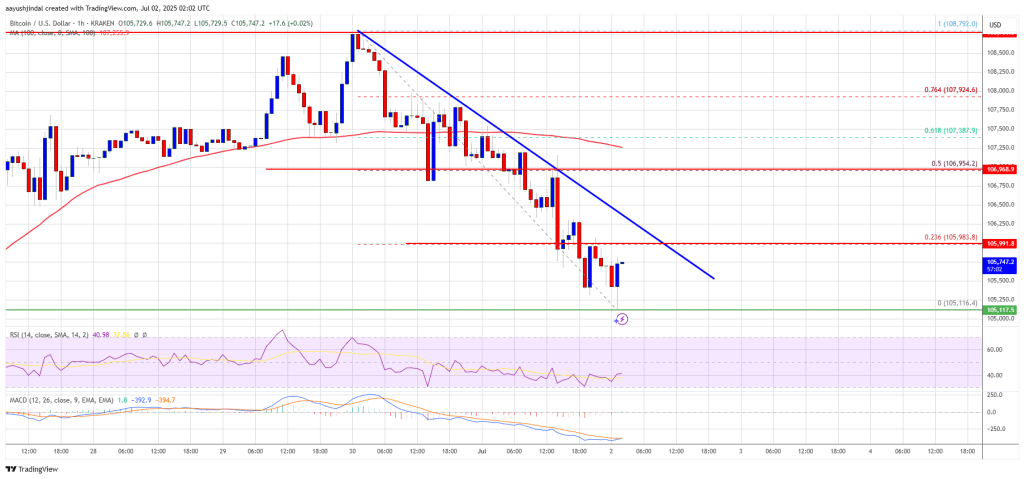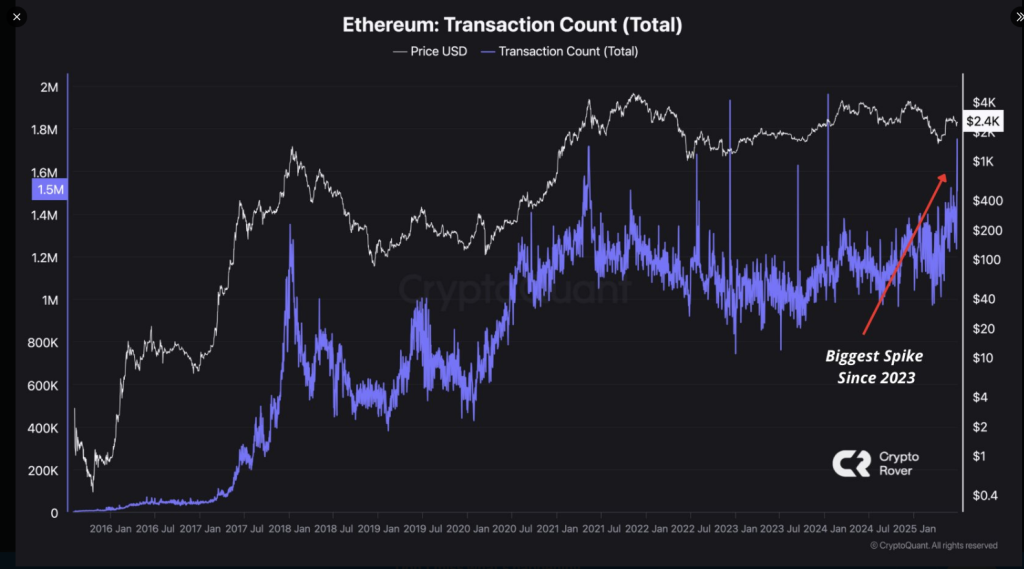
Cryptocurrency Regulations in India: What’s the Latest Buzz?
Like never before, India seems to be taking a step forward to coming up with standard cryptocurrency guidelines. Recently, two important meetings in this regard had happened over the previous week. In the first place, Prime Minister Narendra Modi chaired a high-level meeting. He discussed the concerns concerning unregulated crypto markets as they permit money laundering and terror financing. Then, at that point, the parliamentary board met industry experts and stakeholders to track down a future way for cryptocurrencies.
“The BACC, including WazirX, has met with the members of the standing committee on Finance, and the conversation is a positive step in the right direction,” a WazirX Spokesperson told India Today Tech, without sharing the subtleties of the meeting. Nonetheless, both these meetings propose that India might have given up on prohibiting cryptocurrencies and will just hope to regulate them. This implies while a couple of things will be permitted, others will not be. Let’s see what’s there for Crypto in India and what’s NOT.
Cryptocurrency guidelines in India: What’s crypto for in India?
Crypto exchanging will continue, and financial backers will be permitted to purchase and sell digital forms of money, the cryptocurrency, but subject to certain guidelines. India’s move towards cryptocurrency is by all accounts’ protective’. Any action taken for the crypto bill is probably going to be towards guaranteeing that investors’ cash is secured. Thus, any individual who has invested in crypto need not alarm. Stay cool!
Various signs are recommending that crypto will be delegated an asset class rather than the regular cash. This implies individuals will actually want to put and develop their wealth in crypto. The public authority might begin exacting duty on digital currencies. The new bill might give a better idea of how the public administration intends to tax cryptocurrencies, also known as digital currencies. It is accepted that the public authority is investigating ways of producing income from digital currencies.
Now the question is: “I am living in India. Can I buy a burger or a pizza using Bitcoin?
In the future, it might be challenging to create cryptocurrencies. Unlike the current scenario, for anyone with the internet making a cryptocurrency, the guidelines might guarantee that those who meet the specific criteria will be able to create cryptocurrencies.
Again, crypto won’t turn into legal tender. Recently, many individuals were energized by the possibility of cryptocurrency replacing the rupee or coinciding with it as a legal tender. That is profoundly improbable at this point. In basic words, you can not utilize Bitcoin to buy a burger or pizza.
Something significant that is not yet clear is who will direct cryptographies. The Reserve Bank of India (RBI) is by all accounts the most legitimate choice yet has communicated aims of introducing its own crypto. The other conceivable choice among the current associations is SEBI. It will not be astounding assuming that the public authority concocts another body out and out for managing crypto.
What are the risks involved with cryptocurrency?
Virtual, convertible, decentralized, digital currency stays a hazy situation, spiritualist in nature and horde in its many aspects as cash or a resource, the disgrace of its utilization in obscurity web for criminal operations, the namelessness and unpredictability related with it. A few CEOs, banking pioneers have voiced worries over cryptographic forms of money. RBI lead representative Shaktikanta Das has emphasized them at spans, saying there are “far deeper issues” engaged with virtual monetary standards that could represent a danger to the nation’s monetary and monetary soundness. Inside a couple of days of the top state leader holding a gathering on the digital forms of money, the very first parliamentary board talked about the wide shapes of crypto finance, on November 16, and the agreement was that it should be managed.
With trades perseveringly publicizing cryptographic money, the unenlightened financial backer is at in extensive danger. WazirX, as of late, dispatched an NFT (non-fungible tokens) stage. Trades are additionally wanting to dispatch decentralized trades (DEX), where blockchains are more defenseless against security breaks. Protection coins like Zcash have been presented on DEXs, which work on the standard of “safeguarded” exchanges and give upgraded security to the brokers contrasted with VAs like Bitcoin, consequently presenting further difficulties in their utilization location.
Some crypto trading platforms vouch for self-guideline through Blockchain and Crypto assets Council (BACC), demanding that they banner dubious records dependent on known terrible addresses, strange volumes, and other unpredictable exercises. Actually, blockchains are difficult to unscramble, and most LEAs are attempting to see how crooks can submit crypto extortion. The Bangalore crypto scam uncovered that even severe working conventions like KYC guidelines are sufficiently not to forestall digital money-based frauds. Criminals keep on utilizing the innovation to sidestep regular frameworks.
However, the massive cryptocurrency market seems likely to stay longer and grow together, protecting the investments and beliefs of financial investors and crypto enthusiasts.





